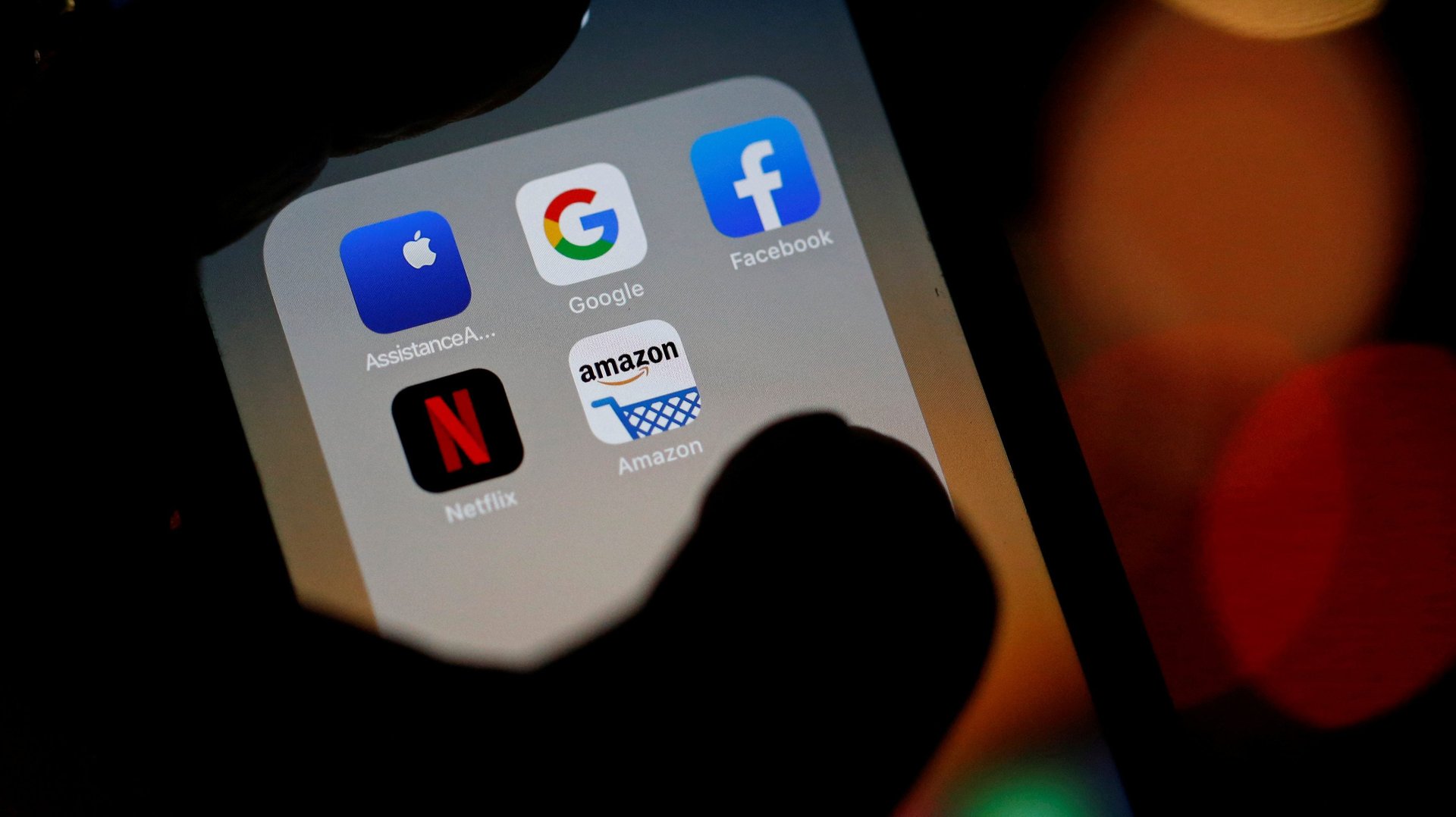These are the products people value more in a pandemic
Some products become a lot more valuable when you are forced to sit at home all day due to a pandemic. A serendipitous study of consumers in the UK tells us exactly which ones.


Some products become a lot more valuable when you are forced to sit at home all day due to a pandemic. A serendipitous study of consumers in the UK tells us exactly which ones.
From Feb. 27 to March 3, 2020, the economists Diane Coyle and David Nguyen conducted a survey of over 10,000 adults in the UK asking about how often they used 30 products and services—and how much they valued them. Their research was part of a recent effort by economists to understand how people value “free” experiences, from internet services like WhatsApp, Wikipedia, and Google Maps to public goods like parks, and how the emergence of free online products may distort measures of economic output, like GDP.
Little did the researchers know that the Covid-19 pandemic was just about to hit the UK hard. On the day they finished their survey, there were just 40 confirmed cases of coronavirus in the country. Just two months later there would be over 180,000.
Seeing that they had a natural experiment on their hands, the researchers chose to run the same survey again on May 14. The shifts in product use were dramatic. The share of people who said they ever used online grocery services grew fastest, from 50% to 59%. The other products with increases of four percentage points or more included Skype, Messenger, Netflix, WhatsApp, and Facebook, all methods of communicating online. The biggest drops were for printed newspapers, Google Maps, and the radio.
For both surveys, respondents were also asked how much money they would accept to give up access to a product for the next year. For instance, in February, the average respondent said they would accept about £1,270 (about $1,590) to give up Facebook for the year. That number rose to £1,360 ($1,710) during the pandemic. Survey respondents tend to overestimate how much money they would be needed to give up a good, so the researchers say to take the absolute numbers with a hefty grain of salt. (Valuation estimates are lower when people are offered real money.)
But even if the values respondents give are inflated, they can still be used to compare products, the researchers say. For example, how much people said they were willing to pay to for the ability to purchase groceries online grew by almost 50%, and WhatsApp by over 10%. Valuations of Twitter, printed newspapers, and Google Maps all fell by more than 20%. Generally, products likely to be used during a commute fell—like Google Maps, radio and Spotify—while those that involved sitting at a home looking at a screen rose—like Netflix, online learning, and access to a TV set.
Lindsey Raymond, a fellow at the Stanford Center for the Digital Economy who also studies the value and measurement of digital services, thinks this study might give us clues to how the Covid-19 pandemic will impact the future. Some people don’t try services like purchasing groceries online or using WhatsApp because they take time to learn how to use, says Raymond. The pandemic has pushed many consumers to try these digital products, and it is possible they will stick with them when the pandemic is over.
If they do stick with these products, it will shift even more economic activity online. That would have a couple of important effects, according to Raymond. One, it would make it even harder to accurately measure economic activity, since so much of what people value will be free and digital. Second, it could accelerate disruption already underway in certain industries. If the pandemic means Netflix becomes more popular, this would mean fewer movie theaters, and likely fewer jobs in the movie industry. In other words, the pandemic might be pulling the digital future into the present.